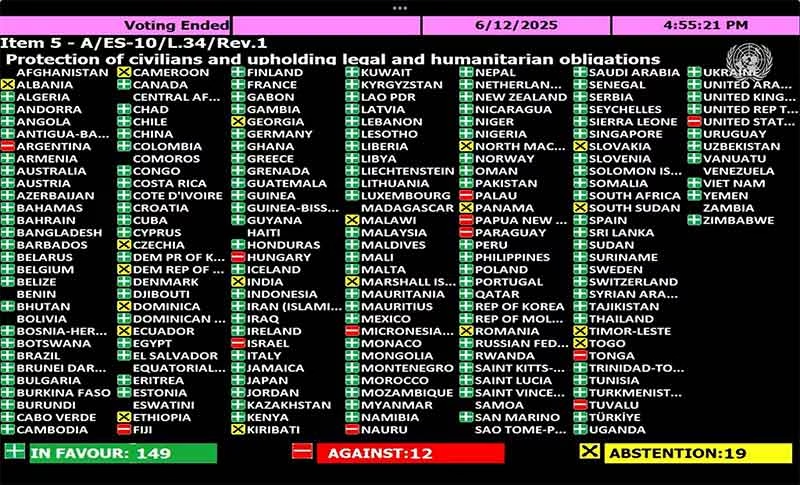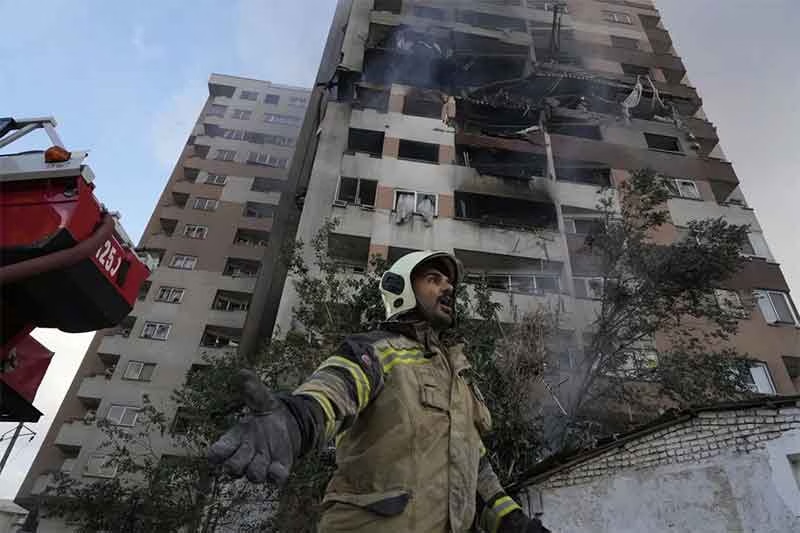Soumyabrata Choudhury’s “Thoughts Of Gaza Far From Gaza”published by Navayana in 2024 is a valuable intellectual inquiry into the discordances of seeing a genocide unfolding in Gaza in real time through our screens and being a witness to it through thinking and writing about Gaza.
Thinking about Gaza is even more critical at a time when the very thought of Gaza is made unthinkable through the incessant violent injunctions to “not think” by, what Choudhary calls, the “media society”- a nexus of the power of capital and the state system. The resistance to such injunctions in the form of this book echoes what Judith Butler (2009) argues as a politics of refusal to the foreclosure of thought itself by dominant regimes of representation. Choudhury attempts to deepen the discourse of the politics of mourning by highlighting that when it comes to thinking about Gaza in the contemporary times, thought itself is occupied by discourses that revolve around anti-semitism, human rights and legitimacy. In this regard, is it interesting to note that Choudhary’s book refuses, as he notes, the “dogmatic instruction of what constitutes antisemitism”, to avoid the “injunctions issued by structures of authority and sources of legitimation about how to think.”

In my opinion, Choudhury invites the readers to build the capacity of “public reasoning and common intellectuality,” against the injunctions which adhere to “biblical fundamentalism,” a term that Ilan Pappe (2023) used to describe Israeli sovereignty as both a fulfilment of prophecy and a perpetual site of exception.
Israel’s use of humanitarian language to proclaim its ‘right to exist’ even as it keeps violating ceasefire deals emerges from Israel’s monopoly on suffering as unique to only itself, an exception, as suggested by Jacqueline Rose (2010). ‘Jewish suffering’, the phrase she says, trembles her. She states, “it implies that there is a quality to suffering that is uniquely Jewish.” It is precisely claiming uniqueness to suffering, and thus victimhood, is what blinds it to the suffering of the Palestinian people. She cautions that when victimhood becomes more than an event, when it becomes an identity, it becomes most dangerous.
Another recurring element that drives the narrative of the book is the inspiration Choudhury takes from Jean-Luc Godard’s Far from Vietnam. The idea of keeping the name of the book after Godard’s film Far from Vietnam is to highlight the impossibility of such a project for Gaza today. Impossibility lies in the inability to maintain the “anthropological distance”- a logical gap that is necessary to distinguish the product from its source because “none of us are far from Gaza. Gaza is where we are, phone in hand, plugged into the internet…This is the apparent scenario today.” He emphasizes that today’s media society collapses the distance through what he terms as “instantaneous repetition” of images and utterances. This repetition for him results in a collapse of sensations of that which is real and that which is an image, an attack on sensations causing numbness.
In an article, Hala Alyan, a Palestinian poet, writer and clinical psychologist, wrote “For many of us, this has been the reality of the last months: waiting for the image that will shake complacency and complicity; waiting for the image so staggering it’ll be non-negotiable. An amputated toddler. A blown-apart body. A girl hanging from the side of a building. We are still waiting.” It likens the insight Susan Sontag (2023) brings as she suggests that the spectacle of suffering can induce numbness rather than inducing action. In my opinion, Choudhury tries to push this further to suggest that media society not only numbs but rather effectively has rewired our cognitive apparatus, producing what he termed as “anti-cognitive automatism,” the impasse that affects language itself with obliviousness.
As a researcher, the most interesting and critical section of the book is its reflection on the subject-position. Can we think of Gaza far from Gaza? What are the thoughts ‘of’ Gaza? How do we think about it? What might be the method to approach this question? Choudhury suggests that for him, the ‘of’ in the title of the book is indicative of two registers. First is thinking about Gaza from a distance, and second the thinking that is implicit to Gaza. The book, thus, offers a roadmap to thinking through these registers. The questions are not resolved by Choudhury, instead, they work as a reminder to engage in thinking itself, to face the political situation we are in from our standpoint and to think about our own stake vis-a-vis Gaza.
Furthermore, in this direction, Choudhary reflects on the ethical usefulness of listening to the act of speech as a way to resist what he noted as “the general signifying debasement of discourse,” specifically when we are “utterly immersed in a virtual atmosphere of endless images” yet alienated from the atmosphere. The space where language becomes potentially political, in the struggle to restore “possible worlds”, he stresses. It is striking that Choudhury does not shy away from borrowing from Christophe Jaffrelot and Kalrav Joshi to highlight why there might be a “general dampening of political spirit in India in relation to the Palestinian cause.” He noted that it is because of the strains of both Israeli Zionism and the politics of Hindutva; the application of religion onto the body politics.
Subscribe to Our Newsletter
Get the latest CounterCurrents updates delivered straight to your inbox.
Thoughts Of Gaza Far From Gaza is a book for anyone who wishes to think along about the questions of political belonging, politics of colonization, dehumanization and construction of discourses that manufacture the monopoly on victimhood. Our role must be to think about the capacity to turn from voyeurs of images to witnesses at a time when the structure of powers, such as media society, demand facile alignment or even forgetting.
Mishika Chauhan is a researcher.












































